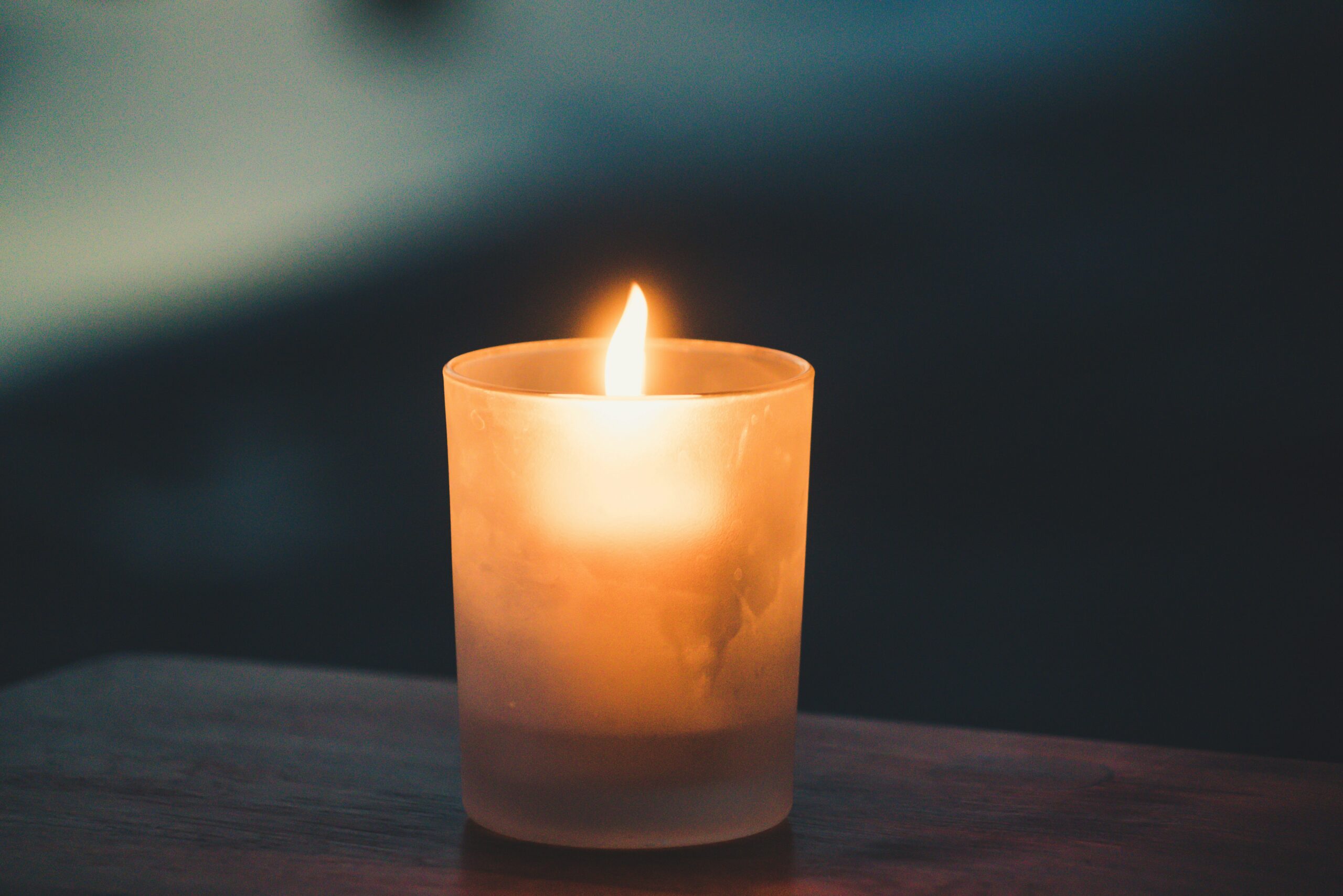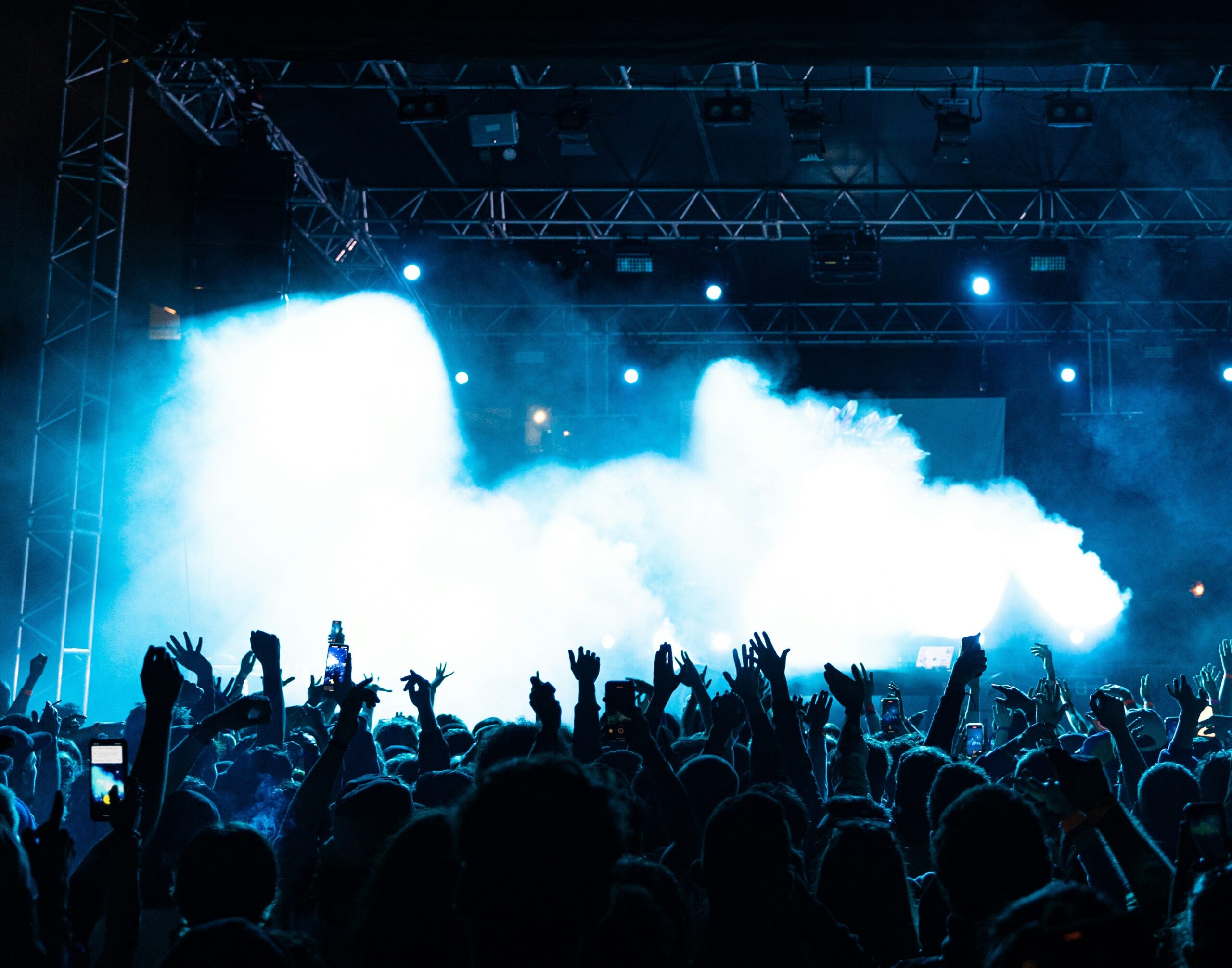During a somber gathering on Sunday evening to honor the memory of actor Ridley White, tensions erupted unexpectedly when a group of protesters interrupted the memorial vigil held at Griffith Park. The event initially drew over 200 attendees seeking to honor White’s memory and career, but had to be dispersed by police after it escalated into a minor riot, underscoring deep-seated divisions within the community.
Ridley White, who tragically passed away in an auto accident twenty years ago this month, was a beloved figure in Hollywood who was known for his roles on such programs as Jury & Executioner, Tightrope, and Her Trying Times. The wreck was initially attributed to intoxication, but later autopsy reports revealed that the primary drug in his bloodstream was not recreational, but a type commonly used to incapacitate date rape victims. The police never located any suspects in the alleged drugging, and the case remains unsolved.
The vigil was organized by the Ridley White Foundation, a nonprofit established by family members to celebrate his life and legacy. Attendees brought candles, flowers, and heartfelt messages, which adorned a temporary memorial set up at the park. The gathering also featured speeches from community leaders, musical tributes, and moments of silent reflection.
“Ridley’s passion for his craft inspired so many of us,” said Rebecca Nguyen, a fan and co-organizer of the event. “Tonight was meant to remind us of his message.”
As the vigil progressed, a group of approximately 30 protesters arrived at the scene, chanting slogans and holding signs reading “Fans Not Friends,” a reference to the national movement for celebrity privacy that was sparked twenty years ago in the wake of White’s death. The protesters claimed that the vigil itself was an example of the unhealthy parasocial relationships that fans sometimes develop, which is what they believe motivated the unknown person who drugged White on the evening of his death.
“Of course we respect White’s contributions to the acting community, but we believe his legacy is best served by not recreating the circumstances that led to his death,” said protester Mark Bradley. “Our presence here tonight is not about disrespecting his memory, but about standing up for the privacy rights of other actors who may find themselves in similar danger.”
Despite Bradley’s statement, the timing and nature of the protest drew sharp criticism from vigil attendees. Organizers pleaded for the protesters to allow the vigil to proceed uninterrupted, but tensions escalated as some attendees confronted the protesters, accusing them of insensitivity and opportunism.
What began as verbal exchanges soon turned into heated arguments, with both sides accusing the other of fostering division. Police officers, who had been present to ensure safety during the vigil, intervened to de-escalate the situation. No arrests were made, but the incident disrupted the solemn atmosphere, leaving many attendees visibly upset.
“This was supposed to be a space for healing and remembrance,” said Elena Garcia, a vigil attendee. “To see it turned into a battleground is heartbreaking. Ridley believed in dialogue, but this was not the time or place.”
The disruption has reignited the debate first raised in Hollywood twenty years ago, with residents and officials weighing in on the incident. The mayor’s office released a statement expressing disappointment over the events, urging respect for spaces of mourning.
“While free expression is a cornerstone of our democracy, there are moments that call for compassion and empathy,” the statement read in part. “The mayor calls on all members of our community to honor Ridley White’s legacy by engaging in constructive dialogue rather than conflict.”
In the aftermath of the vigil, community leaders are calling for initiatives to address the underlying tensions that led to the disruption. The Ridley White Foundation announced plans to host a series of town hall meetings aimed at fostering understanding and collaboration among opposing groups.
“Ridley’s work was about bringing people together, even when they disagreed,” said Nguyen. “We’re committed to continuing that mission by creating spaces where everyone feels heard.” Meanwhile, some attendees are organizing a follow-up vigil, emphasizing the importance of reclaiming the space for collective mourning. Plans are underway to involve mediators and ensure a peaceful environment





